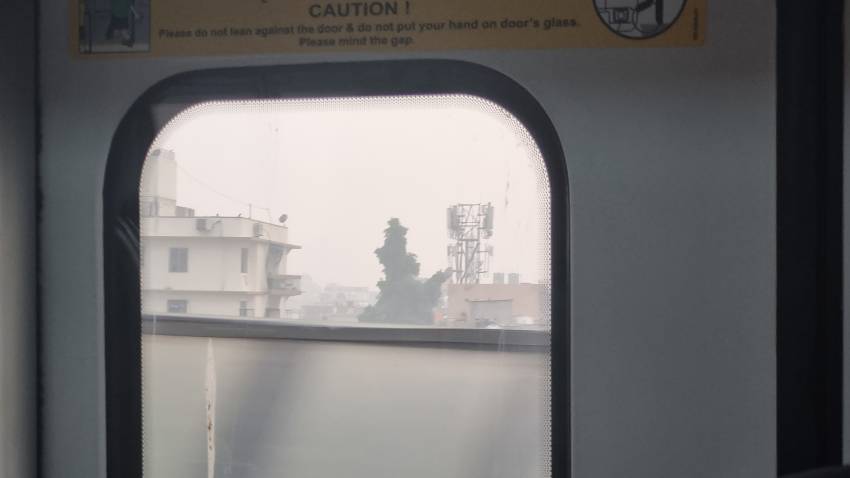What's choking Delhi-NCR? These are the major air pollution contributors

New Delhi : Noida and Ghaziabad are the main sources of small particulate matter (PM 2.5), the Decision Support System (DSS) of the central government for monitoring pollution levels has revealed. The small particulate matter is a major factor which is contributing to the poor air quality in Delhi.
There is a role of wind speed and direction in this. Notably, there should be a collective battle against pollution as Delhi-NCR is a shared airshed. However, what is hampering the progress is the lack of a collective approach, according to a TOI report.
Major air pollution contributors
There are several underlying issues such as power supply, crackdown on end-of-life vehicles, and public transportation in the cities in the National Capital Region (NCR). There is a need of an administrative addressal of these issues so that these cities can come on par with Delhi. NCR cities still face power outages, which is a common issue.
There are frequent breakdowns in societies because of increased consumption which leads to overloading. The power outage issue leads to an increase in use of diesel generators.
Noida and Ghaziabad, there are 740 housing societies which use diesel generators for power backup. Additionally, commercial establishments like office buildings, industrial units, malls etc in both Noida and Ghaziabad heavily rely on diesel generators.
The Commission for Air Quality Management (CAQM) had planned to put a ban on the use of diesel generators from October to March, a period in which pollution levels are highest, when the Graduated Action Plan (GRAP) is in effect. However, protests by Resident Welfare Associations (RWAs) and industrial owners against the high cost of converting generators to CNG and non-availability of gas lines in some areas led to relaxation of the proposed ban until on December 31 this year.








